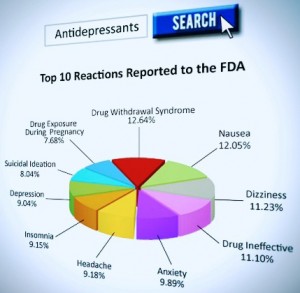
CCHR Launches Psychiatric Drug Side Effects Database
The mental health watchdog, Citizens Commission on Human Rights, has taken its commitment to inform and protect the public on mental health issues to a new level with the recent launch of its redesigned website and enhanced psychiatric drug side effects database.



SHARE YOUR STORY/COMMENT: